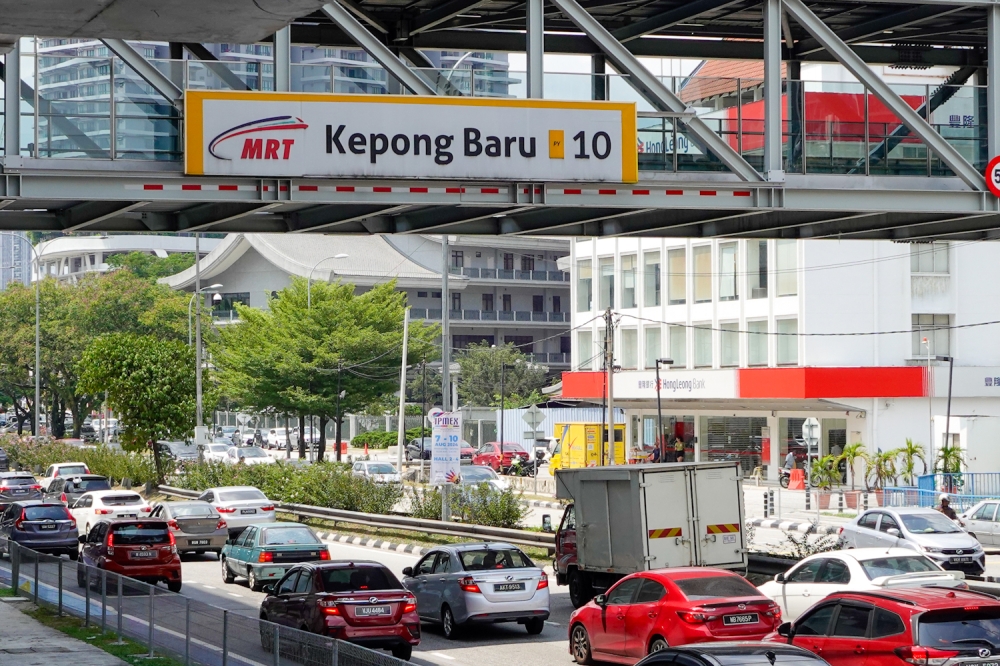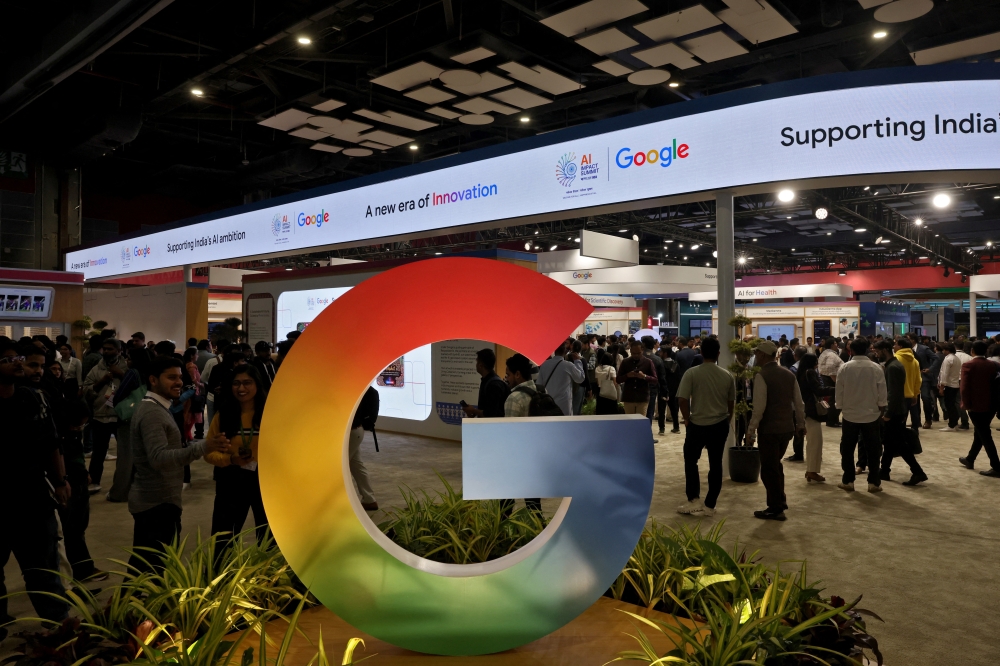KUALA LUMPUR, March 24 — Axiata Digital Services Sdn Bhd, the owner of Boost, the homegrown e-wallet, hopes to make it possible for Malaysian users to make cross-border payments using the platform in Singapore and Thailand by the second quarter of this year.
Axiata Digital Services chief executive officer Mohd Khairil Abdullah said the company was currently seeking Bank Negara Malaysia (BNM) approval for the cross-border electronic payment service.
“We did a deal with Singtel in Singapore, which also runs e-wallets in multiple countries. We are trying to integrate into their platform to enable Boost users in Malaysia make payment transmissions when they go to a market that Singtel is present in such as Singapore and Thailand.
“That is the plan and we are going through it with BNM right now. We are hoping to get this out in the market in the second quarter,” he told Bernama.
He said Boost’s merchant touch points have reached 70,000 which included retail outlets, supermarkets, food trucks and even night markets, as at end-February this year, while its users have grown to 3.8 million users, making it the leading e-wallet in Malaysia with the largest user base.
By year-end, he said Boost aimed to have five million users and increase merchant touch points to 150,000.
Mohd Khairil said the platform greatly benefited from Malaysian consumers’ increasing acceptance of e-wallets as they viewed this as a credible, safe and convenient form of payment.
He said the company was upbeat of Boost’s prospects considering that gross transaction value from January to mid-March 2019 almost exceeded last year’s value.
Meanwhile, he also said Boost had lined up other exciting new features for its users in the area of video games and entertainment, as part of its strategy to ensure users continue transacting within the platform.
“A big part of our user base is gamers, so we want to be able to capture that segment. On the entertainment front, while we already have cinema ticketing, we want to also be able to deliver contents through the Boost platform.
“Boost users can expect developments in these two areas in the second quarter of this year,” he said.
Furthermore, he said Boost was trying to broaden its reach in the transportation sector by selling bus and train tickets, as well as, expand its features to allow payment at petrol stations, nationwide.
He said currently, a big use case for Boost was parking payment whereby Boost worked with the Kuala Lumpur City Hall, Kota Bharu Municipal Council, Tanah Merah District Council and Cameron Highlands District Council to allow users to make payments via this e-wallet for roadside parking. — Bernama




















